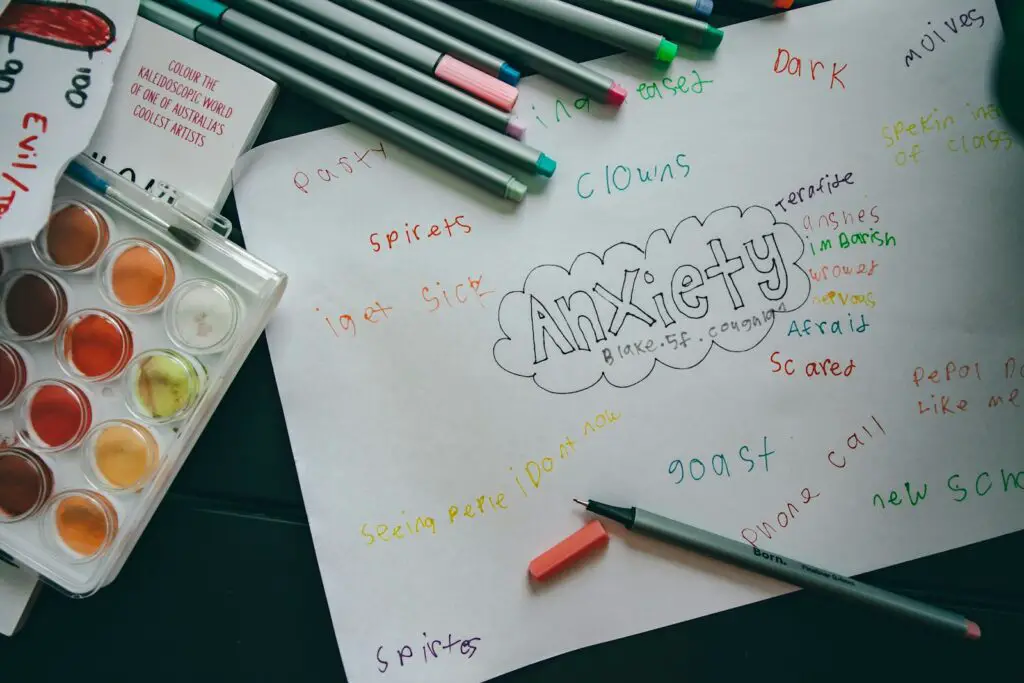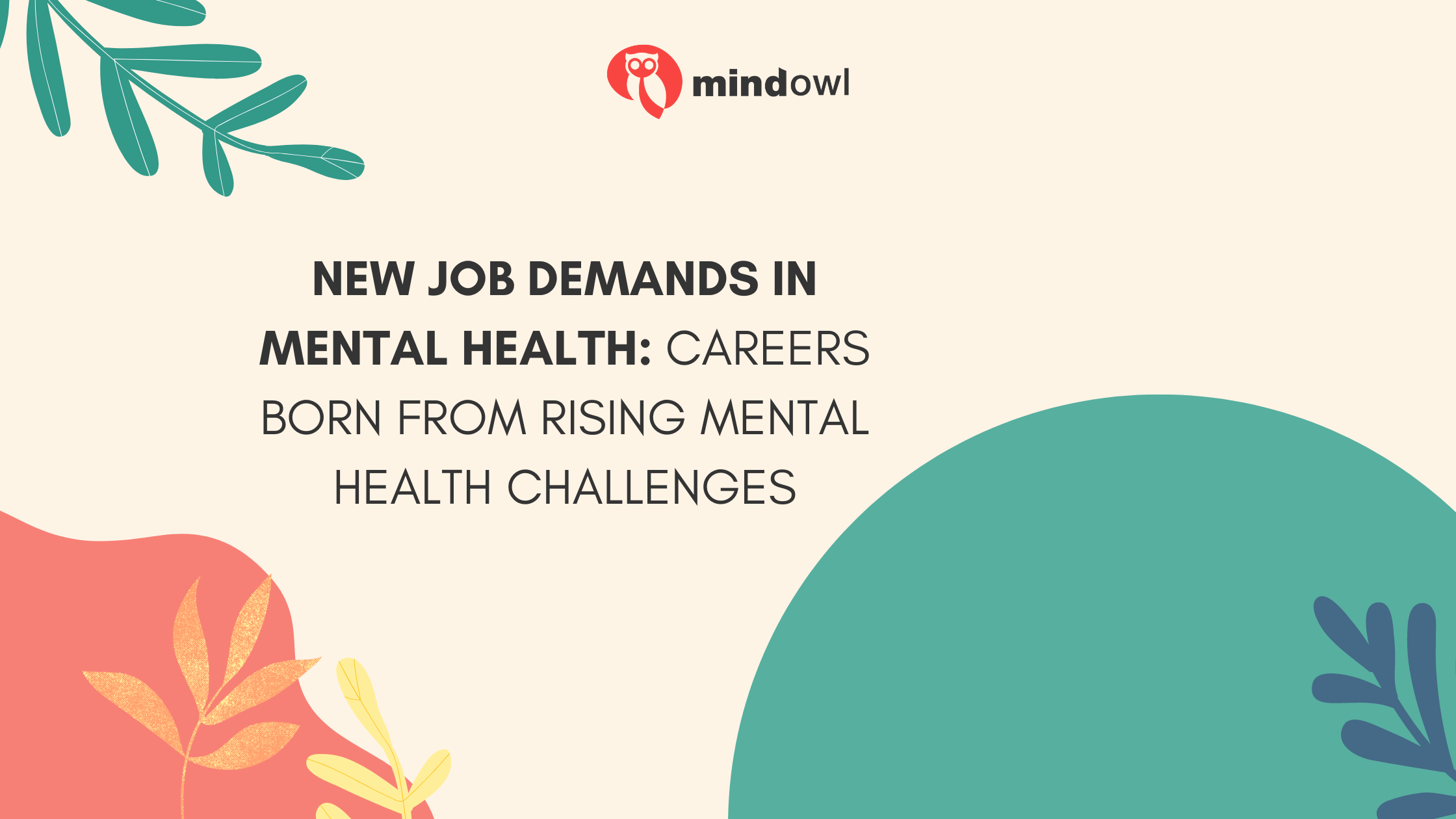In a recent survey conducted by the World Health Organization (WHO), it was estimated that 1 in every 8 persons, or about 1 billion persons worldwide, are living with a mental disorder, depressive disorder, and anxiety. This disturbing increase has led to a corresponding rise in new careers in mental health since individuals affected require a wide array of support.
Are you considering a career in mental health? There are lots of new job opportunities open to potential mental health professionals like you. In this article, we will examine these new leading careers that are open to those keen on making a positive impact on other people’s mental health!
Careers Born from Rising Mental Health Challenges
Here are a few of the leading careers in mental health:
Counselor
As one of the leading career opportunities in the mental health industry, the role of a counselor refers to the position of a certified clinical mental health counselor (CCMHC). These counselors hold a degree and are trained in mental health, marriage and family therapy, violence and abuse, and human sexuality. Before being qualified as a counselor, an individual must work with clients, is required to complete supervised clinical hours, and must get a professional endorsement.
Psychiatric Mental Health Nurse Practitioner (PMHNP)
A psychiatric mental health nurse practitioner specializes in treating and caring for those with mental health conditions. They require a master’s degree to enable them to prescribe medication and diagnose patients. Of course, PMHNPs have the liberty to practice independently in some states. Nonetheless, they collaborate with psychiatrists or primary care physicians and are required to adopt evidence-based practice.
Art Therapist
Art therapists are charged with the duty of treating patients by encouraging them to creatively express themselves. Art therapists assess patients and help patients to process emotions through art. While they work in collaboration with a patient’s care team, they hold a safe space for patients and help them express their emotions and thoughts nonverbally. This method is especially important for some patients that talk therapy wouldn’t work for.

Community Mental Health Educator
The role of a community mental health educator is to teach citizens the best way to care for their mental health. This role should not be mistaken for that of a patient educator. A patient educator deals with individuals, while a community educator works with larger groups. The bulk of their tasks involved increasing mental health awareness and leading communities to resources. They could also gather data to confirm local needs and offer educational materials for workplaces, schools, and other organizations. A bachelor’s degree is often required for this role.
Addiction Specialist
The growing epidemic of substance abuse has led to the increase of addiction specialists. Addiction specialists have degrees in both medicine and psychology. They work with individuals to establish holistic treatment models that address emotional, physical, and psychological imbalances. In addition, many specialists engage in research to gain knowledge so they can offer effective addictive treatments.
Child and Adolescent Therapist
Child and adolescent therapists work with children and adolescents. The early intervention of these professionals is critical to prevent psychiatric hospitalization and relapse later in the life of the child. Child and adolescent therapists can work within a school system or private organization. They use music therapy, play therapy, or drama therapy when working with children. They also get trained to work with families as the relationship between the parent and child can enhance the success of the therapists, especially when working with young clients.
Marriage and Family Therapist
A marriage and family therapist, also known as MFT, works primarily with families and couples. Moreover, they also meet with young children and some individuals. With extensive clinical experience and a master’s degree, marriage and family therapists are qualified to give counsel to families facing relationship conflicts and difficult circumstances.
Mental Health Coordinator
With a master’s degree, mental health coordinators work with patients to offer connections to mental health resources. They also collaborate with a team of other healthcare professionals and function as liaisons between specialists like the PMHNPs, psychologists, counselors, and patients. It is not unusual for mental health coordinators to meet with patients at their homes to render assistance that can help enhance self-sufficiency and mental awareness.
Skills Required for a Mental Health Career
Mental health requires lots of key qualities for success. Here are some skills you need as you explore any of the new job demands highlighted above.
Compassion, Empathy, and Understanding
Addressing mental health challenges involves an in-depth digging into emotions. This will require some vulnerability for the professional and the patient. Thus, professionals must create a calm, safe space to enable patients to process complex emotional and mental challenges. As a result, a great deal of compassion, empathy, and understanding and needed.
Communication
One of the successful qualities of patient-professional relationships is communication. It helps identify the problem and establish plans for action to improve mental health. A mental health professional must have calming and effective verbal and nonverbal communication abilities.
Critical Thinking
While emotional intelligence is required, the mental health field requires critical thinking. Professionals must be skilled at thinking through problems. They must be able to carefully listen, patiently analyze, and find the right time before speaking. They do not jump to conclusions and are noble for being good listeners.
Relationship Building
Mental health professionals must build relationships with patients intentionally and carefully. Before a patient can open up fully, they will need to trust their mental health providers. Hence, it is the role of professionals to create a safe space and validate the patient’s feelings, ultimately leading to building trust.
Good Judgment
Two patients, even with the same condition, are different. The techniques that work for one patient might not work for the other patient. Therefore, a skilled mental health professional is able to discern the right therapeutic approach that fits each individual.
Conclusion
With the right qualifications, a career in mental health will open doors to positively impacting people’s lives for the better and help you lead a truly satisfying life! Explore any of the career opportunities that appeal to your strengths today!
MindOwl Founder – My own struggles in life have led me to this path of understanding the human condition. I graduated with a bachelor’s degree in philosophy before completing a master’s degree in psychology at Regent’s University London. I then completed a postgraduate diploma in philosophical counselling before being trained in ACT (Acceptance and commitment therapy).
I’ve spent the last eight years studying the encounter of meditative practices with modern psychology.

